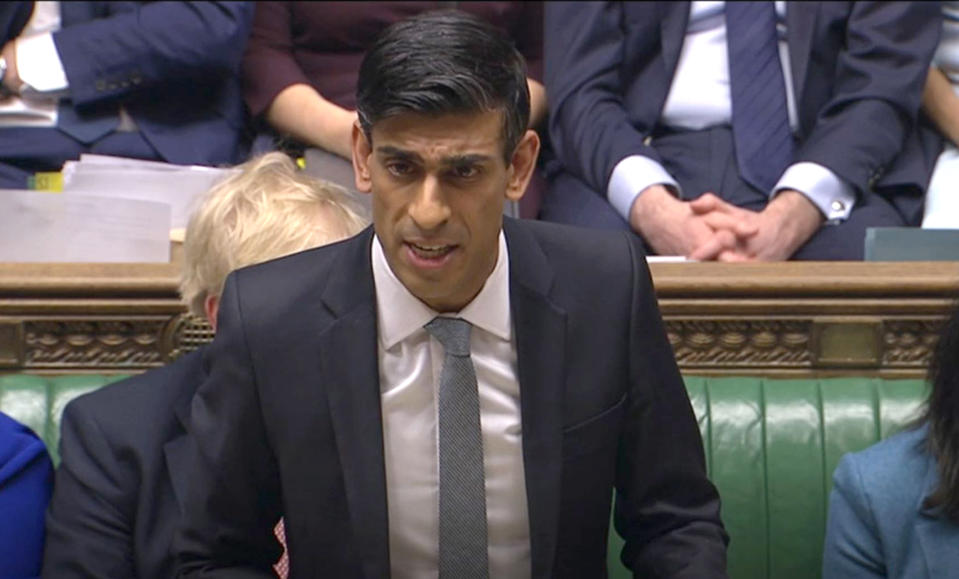Budget 2020: Here's everything that you need to know

UK chancellor Rishi Sunak on Wednesday announced his first ever budget, including a £30bn coronavirus spending package, and more than £600bn in infrastructure spending.
The measures, which represent a marked increase in both capital and day-to-day spending, will be financed primarily by a significant increase in government borrowing.
Here are the key announcements made by Sunak in his speech in the House of Commons:
Coronavirus response
The government will spend “whatever it takes” on the National Health Service, and announced a £5bn emergency response package
Statutory sick pay will be paid to all those who self-isolate, even if they do not have coronavirus symptoms
Some £2bn has been set aside to cover up to 14 days of sick pay for employees at businesses with fewer that 250 employees
£500m will be provided to local authorities to directly support vulnerable people
The abolition of business rates for retail, leisure, and hospitality firms that have a rateable value of less than £51,000
A new coronavirus loan scheme will see the government part-guarantee “business interruption” loans of up to £1.2m to small and medium-sized businesses
Around 700,000 of the country’s smallest businesses will be eligible for a £3,000 cash grant
Environmental measures
Some £800m will be spent on carbon capture technology before 2030
A plastic packaging tax will come into force in April 2022
£5.2bn will be spent on improving flood defences over the next five years
Some £120m in funding will be made immediately available for flood damage repairs
The government will spend £500m on new rapid electric car charging hubs
Manufacturers and importers will be charged £200 per tonne on products made from less than 30% recyclable material
Fuel subsidies for off-road vehicles will be scrapped in two years time, except for famers and rail operators
The government will spend £640m on a climate fund to protect the UK’s natural habitats
Taxation, personal spending, and wages
The threshold for paying National Insurance contributions will rise from £8,632 to £9,500, which will save workers over £100 per year
Duties on spirits, beer, cider, and wine will be frozen
VAT charges on books, newspapers, magazines and academic journals will be abolished
VAT will also be abolished on female sanitary product, such as tampons
Infrastructure, technology and housing spending
Over £600bn will be spend on roads, railway, broadband, and housing by the middle of 2025
The government will spend £5bn to expand gigabit rural broadband connectivity
The affordable housing programme, which will receive £12bn in extra funding, will be expanded
A new pothole fund of £500m per year will allow authorities to fix up to 50 million potholes
The government will spend an extra £900m on research into nuclear fusion, space, and electric vehicles
The Science Institute in Weybridge will get a £1.4bn funding boost
£800m will be spent on a new research agency, which will be modelled on the Advanced Research Projects Agency in America
Read more: What the 2020 Budget means for your finances
Devolved governments
Westminster will provide an extra £640m in spending by the Scottish government, £360m for Wales, and £210m for Northern Ireland
